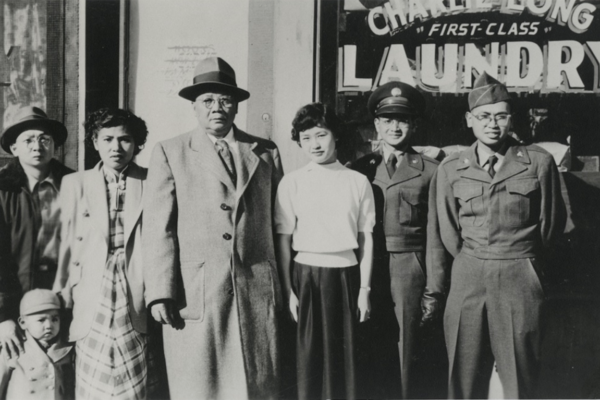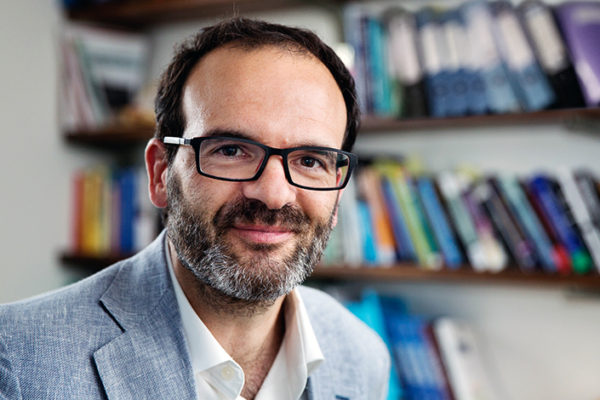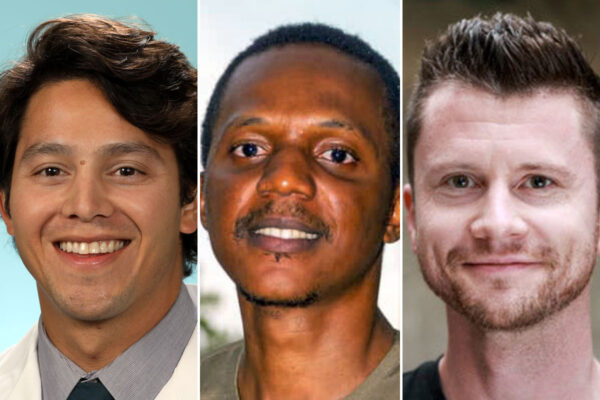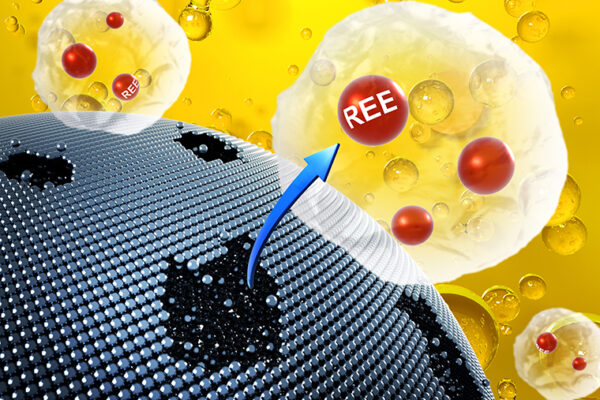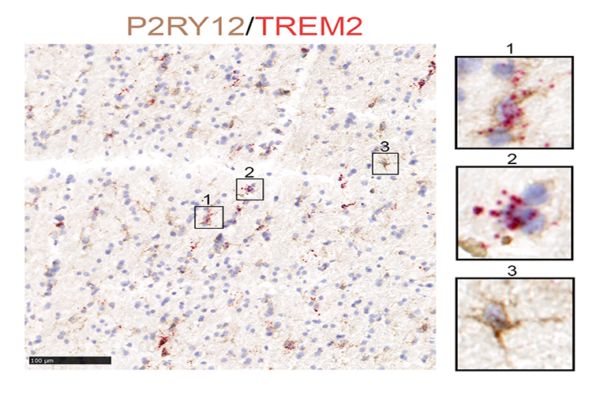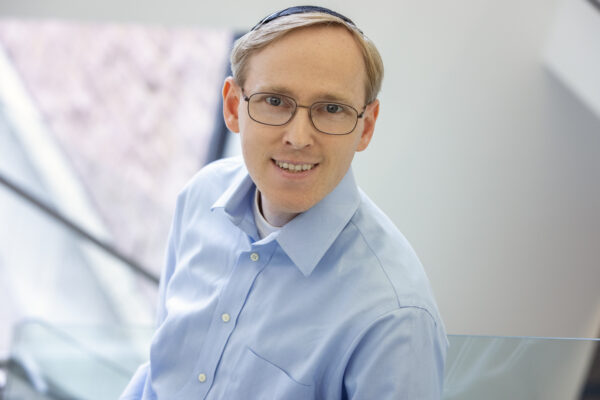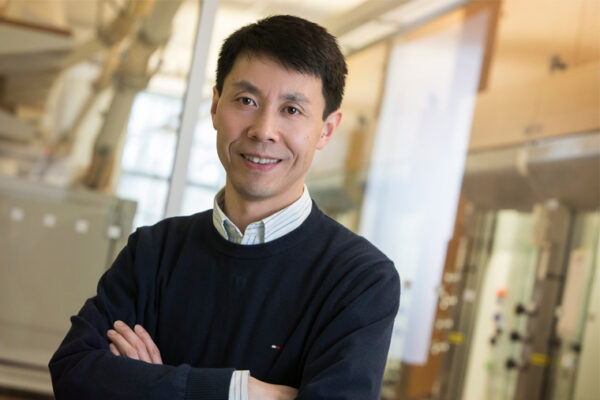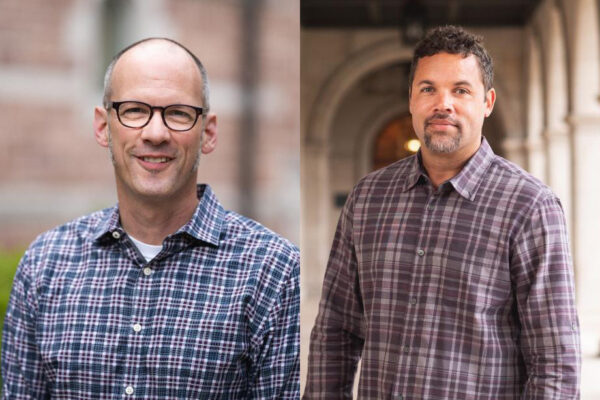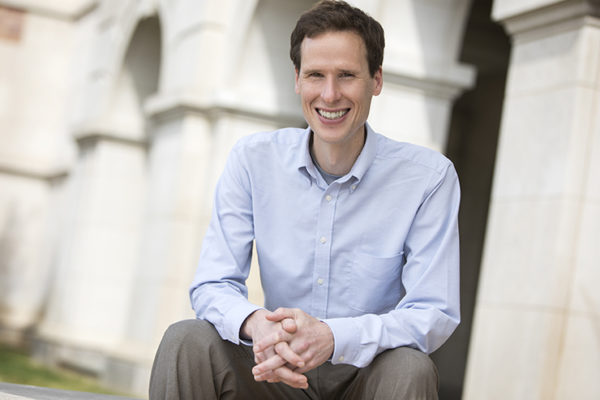New grant to explore Asian Americans’ history in St. Louis
A new research project at Washington University will study the history of Chinese Americans and Japanese Americans in St. Louis. The project, “Asia in St. Louis: A Story Map Dedicated to the Greater Saint Louis Community,” won a $10,000 grant from the Missouri Humanities council.
In Afghanistan, poverty, lack of education associated with dementia
In a newly published study, poverty was closely associated with higher rates of dementia among older adults in Afghanistan. Jean-Francois Trani, an associate professor at the Brown School, led the research.
Researchers receive Alzheimer’s Association funding
Three School of Medicine researchers — Enmanuel Perez, Ibrahim Saliu and Steffen Storck — have received funding from the Alzheimer’s Association for projects that aim to study and make progress against the disease.
Making Internet of Things more secure
Shantanu Chakrabartty’s lab at the McKelvey School of Engineering developed a method to better secure communications and transactions involving the Internet of Things.
Novel process extracts rare earth elements from waste
Young-Shin Jun, a professor at the McKelvey School of Engineering, and her team are extracting valuable rare earth elements from coal fly ash, a fine, powdery waste product from the combustion of coal. The process is ultimately a path toward reducing and remediating waste products.
Zhao studies changes in glia linked to neurodegenerative diseases
New research from the School of Medicine’s Guoyan Zhao and colleagues provides guidance for future study to understand the role of glia in disease pathogenesis using mouse models. The work is published in Nature Aging.
Vorobeychik wins grant for work on game-theoretic analysis
Yevgeniy Vorobeychik, an associate professor at the McKelvey School of Engineering, recently won a $400,000 grant from the National Science Foundation to use artificial intelligence to improve game-theory analysis methods to tackle increasingly complex problems.
Wang to study Arctic aerosols, their impact on climate change
Jian Wang, a professor and director of the Center for Aerosol Science and Engineering at the McKelvey School of Engineering, won a $766,552 grant from NASA for new research on Arctic aerosols. Wang aims to understand how aerosols impact Arctic climate change.
Cunningham, Ward share Mellon Foundation grant
David Cunningham and Geoff Ward, both in Arts & Sciences, received a $500,000 three-year grant from the Mellon Foundation, along with collaborators from other universities, for the project “The Virality of Racial Terror in US Newspapers, 1863-1921.”
Molecular activity of the immune system to get a closer look
Michael Vahey, an assistant professor of biomedical engineering at the McKelvey School of Engineering, received an NSF CAREER award to establish the factors that drive the assembly of viral immune complexes and to study how they interact with immune cell receptors.
View More Stories
